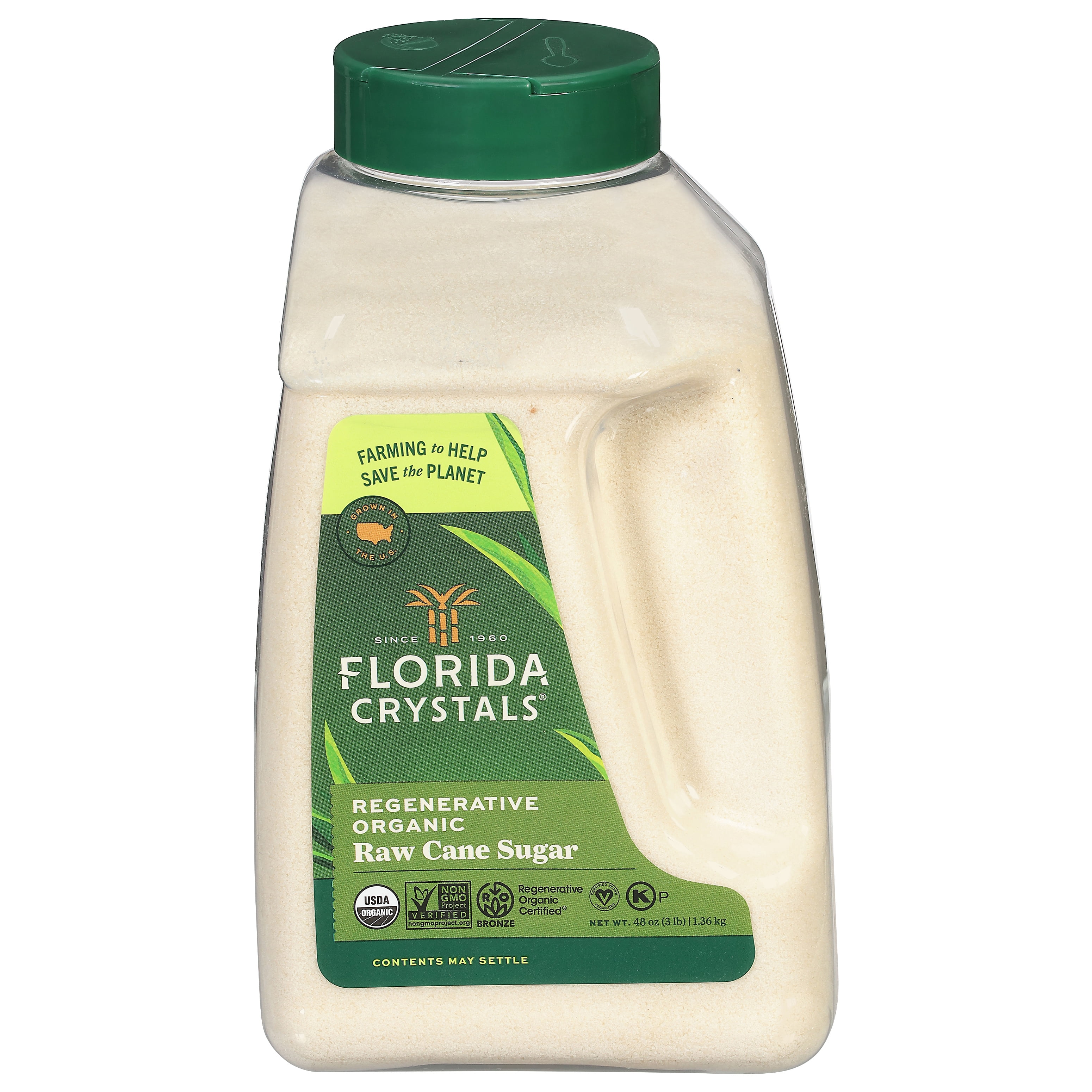Innovative Solutions with Cane Sugar Processing Chemicals
Innovative Solutions with Cane Sugar Processing Chemicals
Blog Article
Navigating Regulatory Compliance and Sustainability With Cutting-Edge Cane Sugar Processing Chemicals in the Chemical Export Industry

Regulatory Landscape Introduction
In the realm of walking stick sugar handling chemicals within the chemical export sector, comprehending the regulatory landscape is paramount for ensuring conformity and sustainable operations. Regulative bodies such as the Environmental Defense Agency (EPA) and the Food and Drug Administration (FDA) play an essential function in managing the manufacturing, import, and export of these chemicals. Conformity with guidelines stated by these bodies is not only a legal demand but likewise crucial for preserving public wellness and environmental safety standards.
Governing structures controling walking stick sugar processing chemicals encompass a variety of aspects, consisting of labeling requirements, acceptable levels of particular compounds, and guidelines for safe handling and disposal. For chemical merchants, this implies sticking to strict paperwork processes, quality assurance procedures, and periodic audits to show adherence to these regulations.

Sustainable Walking Stick Sugar Chemical Innovations

One noticeable location of innovation is the development of eco-friendly chemicals that reduce water and power intake throughout the sugar processing stages. By carrying out these sustainable options, companies can decrease their carbon impact while maintaining high degrees of performance. Additionally, developments in naturally degradable chemicals are acquiring grip, providing an extra environmentally pleasant choice to conventional handling agents.
Furthermore, the combination of renewable energy resources in the production process is becoming a lot more common, additional improving the sustainability profile of walking cane sugar handling. By embracing these sustainable cane sugar chemical technologies, firms can not just satisfy governing requirements but additionally show a dedication to environmental responsibility in the chemical export sector.
Conformity Obstacles in Exporting Chemicals
Navigating regulative structures poses substantial difficulties for chemical merchants, calling for meticulous attention to conformity requirements and international laws. Exporting chemicals includes adherence to a complicated web of laws that differ from country to country. One of the main conformity difficulties encountered by chemical exporters is making certain that the products satisfy the specific regulative needs of the importing nation. This consists of acquiring the necessary authorizations, accreditations, and paperwork to demonstrate the safety and security and legality of the chemicals being exported.
Additionally, chemical exporters must remain abreast of continuously progressing standards and policies associated with chemical handling, transportation, and production. Failure to comply with these regulations can cause extreme repercussions, consisting of penalties, lawsuit, and reputational damages. Furthermore, browsing profession limitations, permissions, and export control laws includes an additional layer of intricacy to the compliance landscape for chemical merchants.
To minimize these difficulties, chemical merchants must purchase durable conformity programs, carry out normal audits, and involve with regulative authorities to make sure a thorough understanding of the relevant legislations and guidelines. By focusing on compliance and remaining proactive in dealing with regulative challenges, chemical exporters can navigate the intricacies of global profession efficiently.
Ecological Effect of Cane Sugar Processing
The ecological implications of walking cane sugar processing are a vital aspect needing detailed exam in the chemical export industry. Walking stick sugar handling can have significant ecological effects at various phases of manufacturing. Among the main worries is the generation of big quantities of wastewater including raw material, put on hold solids, and chemicals used in the processing plants. This wastewater, otherwise correctly treated, can pollute water bodies, harm water life, and degrade general water high quality. In addition, the burning of sugarcane fields before collecting, an usual method in some regions, launches damaging air pollutants and greenhouse gases right into the ambience, adding to air top quality concerns and environment change.
Moreover, the extensive use of pesticides and plant foods in sugarcane growing can cause dirt destruction, water contamination, and harm to non-target organisms. It is critical for chemical exporters involved in the cane sugar handling sector to execute lasting techniques, purchase sophisticated wastewater treatment innovations, promote responsible farming approaches, and comply with rigid ecological laws to reduce the negative ecological impact of their operations.
Future Trends in Sustainability Practices
What cutting-edge strategies are chemical merchants in the cane sugar handling industry embracing to improve sustainability techniques for the future? As the demand for sustainable methods continues to expand, chemical merchants are embracing various patterns to make certain a greener future for the industry. One popular pattern is the shift towards creating and utilizing eco-friendly chemicals in the handling of walking cane sugar. go These chemicals are created to lessen environmental effect while keeping high levels of efficiency in the manufacturing process.
Another essential fad is the implementation of innovative modern technologies such as automation and data analytics to enhance source usage and reduce read this waste generation. By utilizing the power of information and automation, chemical merchants can streamline their procedures, improve energy effectiveness, and boost overall sustainability performance.
Additionally, partnerships and partnerships with sustainability-focused organizations and stakeholders are coming to be progressively typical. By interacting, chemical exporters can exchange knowledge, share best techniques, and collectively drive innovation towards even more sustainable walking cane sugar processing practices. Welcoming these patterns will not just profit the environment yet likewise guarantee lasting success and competition in the industry.
Final Thought
Finally, the chemical export industry need to browse intricate regulative landscapes and sustainability challenges when processing walking cane sugar. Technologies in walking stick sugar handling chemicals are important to fulfilling conformity requirements and minimizing ecological influence. As the sector remains to progress, it is necessary for firms to adopt sustainable practices and stay ahead of future trends to ensure lasting success.
In the realm of walking cane sugar processing chemicals within the chemical export sector, recognizing the regulative landscape is extremely important for guaranteeing compliance helpful site and sustainable procedures.Exploring innovative approaches in the development of lasting cane sugar chemical services is important for advancing ecological stewardship in the chemical export sector. Firms are progressively spending in research study and development to develop advanced walking cane sugar handling chemicals that not just ensure high performance in sugar manufacturing but additionally adhere to rigorous sustainability requirements.
Additionally, chemical merchants must remain abreast of frequently advancing standards and policies related to chemical manufacturing, handling, and transportation - Cane Sugar Processing Chemicals.The ecological implications of cane sugar handling are a vital facet calling for complete evaluation in the chemical export industry
Report this page